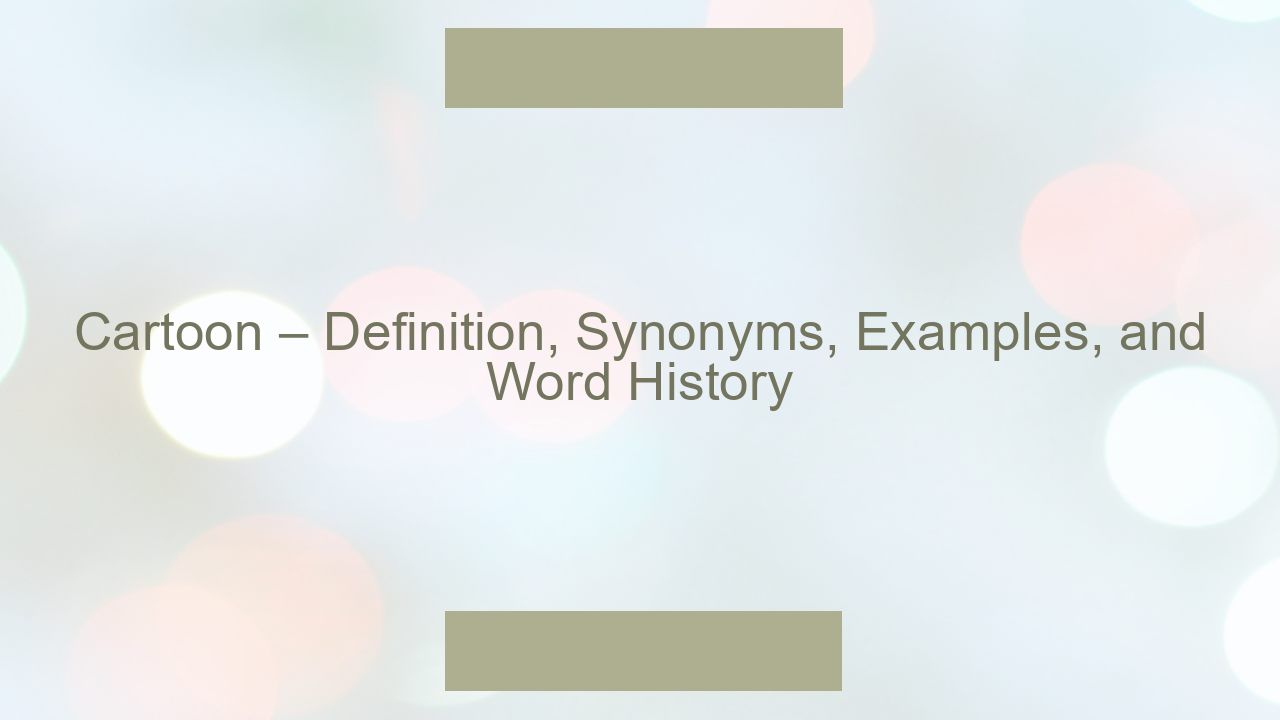The word “cartoon” is a versatile term in the English language, commonly used to describe animated shows, comic strips, or humorous illustrations. Its significance spans across entertainment, art, and media, captivating audiences of all ages with its creative storytelling and visual appeal. Whether you’re exploring a childhood favorite or a satirical drawing, understanding the cartoon meaning is key to appreciating its cultural impact.
Definition (Meaning)
A cartoon refers to a form of visual art, typically a drawing or animation, that often portrays humor, satire, or storytelling. It can also mean a short animated film or series, usually created for television or online platforms.
Synonyms
Some common cartoon synonyms include animation, caricature, comic, sketch, and illustration, depending on the context of usage.
Examples of cartoon in a Sentence
- Every Saturday morning, the kids gather to watch their favorite cartoon on TV.
- The newspaper featured a political cartoon that cleverly criticized the recent policy changes.
- She drew a funny cartoon of her teacher, capturing his quirky expressions perfectly.
Word History
The term “cartoon” originates from the Italian word “cartone,” meaning a large sheet of paper or a preparatory drawing, used by artists in the 16th century for frescoes or tapestries. It later evolved in English during the 19th century to refer to humorous or satirical drawings in newspapers and magazines. Over time, with the advent of animation, it expanded to include moving images and became synonymous with animated entertainment.
